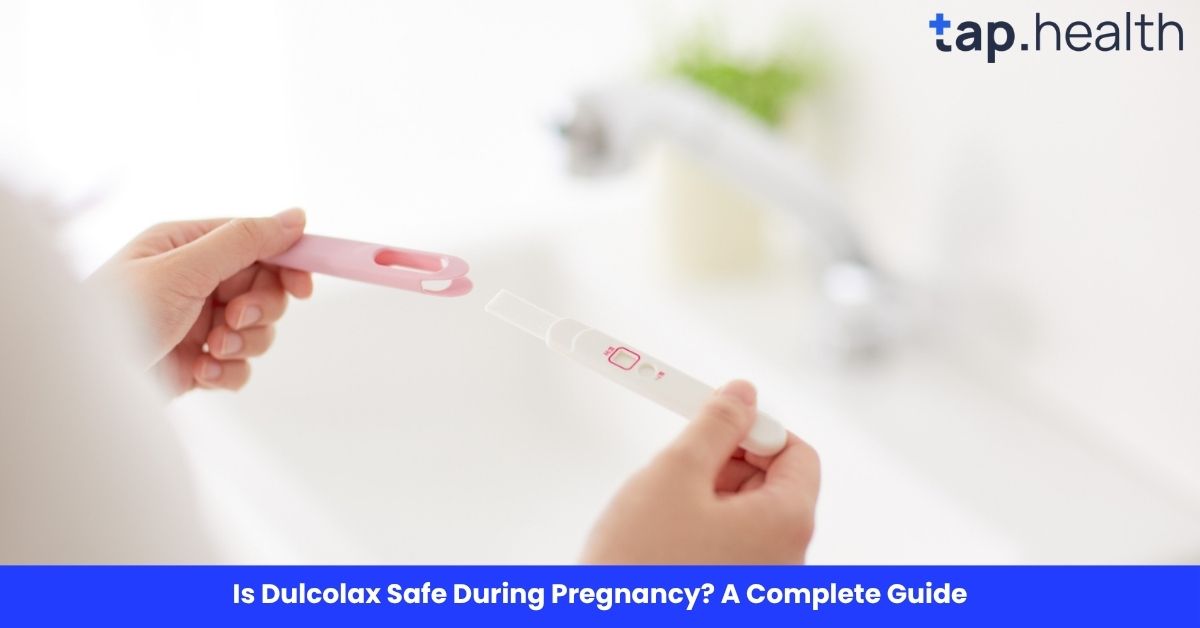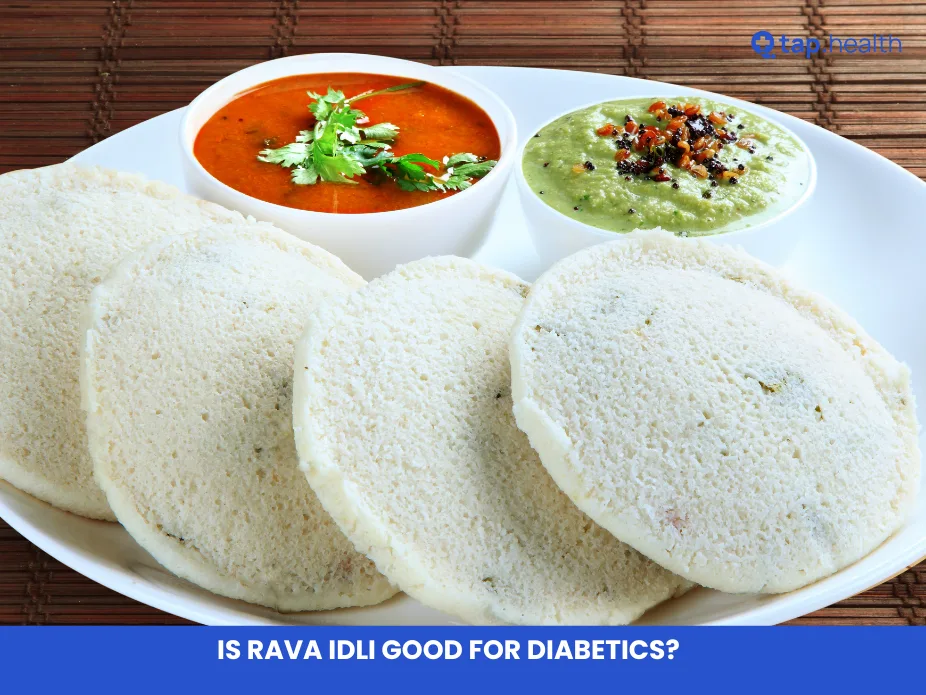Pregnancy brings a lot of changes in your body—some you expect, others you don’t. One common issue many women face during pregnancy is constipation. Hormonal shifts, increased pressure from the growing baby, and dietary changes can all contribute to this uncomfortable condition.
When you’re constipated, it’s natural to reach for over-the-counter (OTC) laxatives like Dulcolax to find relief. But when you’re pregnant, every decision matters. You want what’s best for both you and your baby. That’s why many expecting mothers ask:
“Is Dulcolax safe during pregnancy?”
This article will answer that question in detail. We’ll look at what Dulcolax is made of, how it works, whether it’s considered safe for use during pregnancy, and what other options are available if you’re looking for a gentler way to manage constipation while expecting.
Let’s dive in.
What Is Dulcolax?
Dulcolax is a brand name for a type of laxative used to relieve occasional constipation. It comes in different forms, including:
- Dulcolax Tablets (Bisacodyl) – Taken by mouth
- Dulcolax Suppositories (Bisacodyl) – Inserted into the rectum
- Dulcolax Liquid (Senna) – A liquid herbal laxative
The most commonly used form during pregnancy is Dulcolax tablets , which contain bisacodyl as the active ingredient. This ingredient stimulates the intestines to help move stool through the digestive tract more quickly.
How Does Dulcolax Work?
Dulcolax contains bisacodyl , which is a stimulant laxative . Here’s how it works in simple terms:
- Stimulates Intestinal Muscles : Bisacodyl increases the movement of the muscles in your colon.
- Increases Fluid in the Bowels : It also causes the bowels to absorb less water, making stools softer and easier to pass.
- Triggers a Bowel Movement : Usually within 6 to 12 hours after taking a tablet or using a suppository.
While effective, stimulant laxatives like bisacodyl work by increasing activity in the digestive system, which raises questions about their safety during pregnancy.
Is Dulcolax Safe During Pregnancy?
This is the main question: Is Dulcolax safe during pregnancy?
The short answer is:
It may be used occasionally under medical supervision, but it’s not typically recommended as a first-line treatment for constipation during pregnancy.
Let’s break this down further.
FDA Pregnancy Categories
In the U.S., the Food and Drug Administration (FDA) classifies medications based on their risk to a developing fetus. These categories are labeled A, B, C, D, and X.
- Category A : Safe in controlled studies
- Category B : No evidence of risk in animal studies; limited human data
- Category C : Risk cannot be ruled out; benefits may outweigh risks in certain situations
- Category D : Evidence of risk; only used if benefits outweigh risks
- Category X : Contraindicated in pregnancy
Dulcolax (bisacodyl) is classified as Category C .
That means:
- There is no adequate and well-controlled study in pregnant women.
- Animal studies have shown some adverse effects, but not always.
- The drug may be used only if clearly needed , and the benefits outweigh the potential risks .
So, while it’s not banned, it’s not considered the safest option unless there are no other choices.
When Might a Doctor Recommend Dulcolax During Pregnancy?
There are rare cases where a healthcare provider might recommend Dulcolax during pregnancy. For example:
- If constipation is severe and causing pain, bleeding, or discomfort
- If lifestyle changes and milder laxatives haven’t worked
- If the mother is in her second or third trimester and has no history of complications
Even in these situations, doctors usually suggest using the lowest effective dose and for the shortest time possible .
Are There Safer Alternatives for Constipation During Pregnancy?
Yes! In fact, most healthcare providers recommend non-medical or natural methods before considering OTC laxatives like Dulcolax. Here are some safer options:
1. Increase Fiber Intake
Eating more fiber-rich foods helps add bulk to your stool and makes it easier to pass. Try adding:
- Fruits: Apples, pears, prunes
- Vegetables: Broccoli, spinach, carrots
- Whole grains: Brown rice, oats, whole wheat bread
2. Stay Hydrated
Drinking enough water softens your stool and prevents it from becoming hard and difficult to pass. Aim for 8–10 glasses per day .
3. Get Moving
Gentle physical activity like walking or prenatal yoga can stimulate digestion and help prevent constipation.
4. Use a Stool Softener
Stool softeners like Colace (docusate sodium) are often considered safer than stimulant laxatives during pregnancy. They work by helping your stool retain moisture.
5. Talk to Your Doctor About Prescribed Laxatives
If your constipation is chronic or severe, your doctor may prescribe a pregnancy-safe laxative such as:
- Polyethylene glycol (MiraLAX)
- Psyllium husk (Metamucil)
These are generally well-tolerated and do not stimulate the bowels in the same aggressive way as bisacodyl.
Risks of Using Dulcolax During Pregnancy
Although rare, there are some potential risks associated with using Dulcolax during pregnancy, especially if used frequently or in high doses:
1. Dehydration
Dulcolax can cause you to lose fluids from your body more quickly, which can lead to dehydration. Dehydration is dangerous during pregnancy because it can affect the amniotic fluid levels and blood flow to the placenta.
2. Electrolyte Imbalance
Frequent use of stimulant laxatives can disrupt the balance of important minerals in your body, like potassium and sodium. This can cause muscle cramps, fatigue, and even heart problems.
3. Dependency
Overuse of laxatives can make your body rely on them to have a bowel movement, leading to long-term dependency. This is something to avoid, especially during pregnancy when your body is already going through so much change.
4. Possible Effects on the Baby
Although there is no strong evidence that dulcolax harms the baby, the lack of research means we can’t say for sure. Since the placenta filters many substances, it’s better to err on the side of caution.
When to Avoid Dulcolax During Pregnancy
You should avoid using Dulcolax if:
- You’re in your first trimester (unless specifically advised by your doctor)
- You have a history of intestinal blockage or severe abdominal pain
- You experience rectal bleeding or hemorrhoids
- You’re taking other medications without consulting your doctor
Real-Life Scenario
Consider a pregnant woman in her third trimester struggling with constipation. She tries increasing fiber intake and drinking more water but still experiences discomfort. She wonders if Dulcolax is safe. Her doctor advises that occasional use may be acceptable but emphasizes not to use it frequently and to monitor for side effects like cramping or diarrhea.
Expert Contribution
Obstetricians and gastroenterologists note that while Dulcolax can relieve constipation quickly, long-term or frequent use is not recommended during pregnancy. Experts suggest alternative measures such as:
- Increasing fiber-rich foods (fruits, vegetables, whole grains)
- Drinking plenty of fluids
- Engaging in light physical activity
- Using stool softeners like docusate sodium, which are considered safer
Experts also caution that excessive use of stimulant laxatives may cause electrolyte imbalances or dehydration, which can affect both mother and baby.
Recommendations Grounded in Proven Research and Facts
Consult before any medication: Every pregnancy is different, so personalized guidance from a healthcare professional is essential.
Prioritize non-medication remedies first: Fiber, fluids, and exercise are the safest ways to prevent constipation.
Use Dulcolax only under medical supervision: Occasional use may be safe in certain cases, but frequent or high doses are discouraged.
Monitor for side effects: Cramping, diarrhea, or dehydration should prompt immediate consultation with a doctor.
Consider safer alternatives: Stool softeners like docusate are generally recommended during pregnancy if a laxative is necessary.
Frequently Asked Questions (FAQs) on Is Dulcolax Safe During Pregnancy? A Complete Guide
Here are some of the most common questions people ask about Dulcolax and pregnancy:
Can I Take Dulcolax While Pregnant?
You can take Dulcolax during pregnancy only if your doctor approves it . It’s not considered unsafe, but it’s not the safest option either. Always talk to your healthcare provider before using any medication while pregnant.
Is Dulcolax Safe in the First Trimester?
No, it’s generally not recommended in the first trimester . This is the most critical time for fetal development, and it’s best to avoid any unnecessary medications unless absolutely necessary and prescribed by a doctor.
Can Dulcolax Cause a Miscarriage?
There is no evidence that Dulcolax causes miscarriage. However, because it’s a stimulant laxative and there’s limited data on its use during early pregnancy, it’s better to avoid it unless medically necessary.
How Often Can I Use Dulcolax While Pregnant?
Use Dulcolax no more than once per week unless directed otherwise by your doctor. Overuse can lead to dependency and other health issues.
What Should I Do If I Already Took Dulcolax While Pregnant?
Don’t panic. If you took Dulcolax once or twice, it’s unlikely to harm your baby. However, it’s a good idea to talk to your doctor and let them know what happened. They can monitor your pregnancy and give you advice moving forward.
Are There Any Natural Remedies for Constipation During Pregnancy?
Yes! Some natural remedies include:
- Drinking plenty of water
- Eating high-fiber foods
- Doing light exercise
- Taking warm baths to relax pelvic muscles
- Using a small pillow to elevate your feet while sitting on the toilet
Is Senna-Based Dulcolax Safe During Pregnancy?
Senna is another type of stimulant laxative found in some Dulcolax products. Like bisacodyl, senna is also a Category C drug. It’s not considered safe for regular use during pregnancy and should be used only under medical supervision .
What Laxative Is Best for Constipation During Pregnancy?
The best laxatives during pregnancy are:
- Osmotic laxatives (e.g., MiraLAX)
- Bulk-forming laxatives (e.g., Metamucil)
- Stool softeners (e.g., Colace)
These are considered safer than stimulant laxatives like Dulcolax.
Can I Use Dulcolax Suppositories While Pregnant?
Dulcolax suppositories also contain bisacodyl. Although they’re absorbed differently, they still fall under Category C . It’s best to avoid using them unless approved by your doctor .
Final Thoughts
Constipation during pregnancy is frustrating, but it doesn’t mean you have to reach for a laxative like Dulcolax. While it may be used in some cases, it’s not the first choice for managing constipation while expecting.
Always prioritize natural methods and doctor-approved treatments . Talk to your healthcare provider before taking any medication, even if it’s over the counter.
Your health and your baby’s health come first. Making smart, informed choices can help you stay comfortable and healthy throughout your pregnancy journey.



